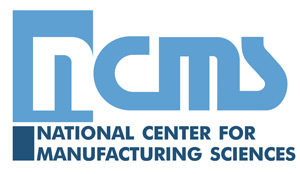Functional Coatings for Vehicle Autonomy
NCMS Project #: 140923
Problem: Safe and effective autonomous system operation is a current and growing concern as the number of autonomous systems in operation expands. Functional surface coatings are a key component of enabling safe autonomous vehicle operation.
Benefit: The safety enhancement provided by today’s high-tech sensors, are only as good as their ability to function. Preventing atmospheric elements and corrosion from hindering these sensors should be a priority. A coating that will all but eliminate the need for routine and frequent washing will save time, money, and potential human error. Poorly functioning sensors could mean that a workplace is unsafe. A coating that keeps these kinds of sensors clean could mean the difference between life and death. Having a safe work environment and/or a complex piece of equipment functioning properly increases quality of life.
Solution/Approach: As with driver-operated vehicles, coatings to prevent sensor blockage and corrosion is an important issue that is even more pronounced with autonomous vehicles. Corrosion prevention, especially as it pertains to sensor vision and adhesion, is of paramount importance in order to provide safe and peak performance autonomous vehicles. Having operational sensors is the key to any autonomous system, and a functional coating that is easily cleaned is synonymous to maintaining a healthy eye. The objective of this project is to develop functional surface coatings to increase the reliability and safety of autonomous systems. Also new test methods must be devised to reliably predict new functional surface coating performance.
Impact on Warfighter:
- Improved safety and reliability
- Maintain warfighter readiness
DOD Participation:
- U.S. Army TARDEC
Industry Participation:
- PPG Industries, Inc.
- NCMS
Benefit Area(s):
- Maintenance avoidance and reliability
- Improved readiness
- Reliability improvement
Focus Area:
- Reliability improvement
